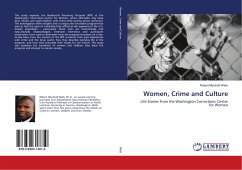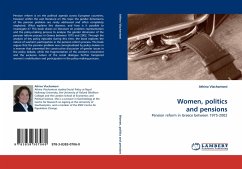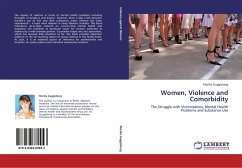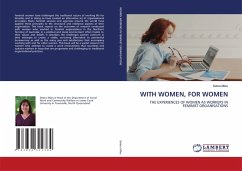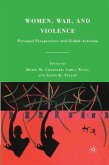This study explores the Residential Parenting Program (RPP) at the Washington Corrections Center for Women, where offenders may keep their infants and small children with them while serving prison sentences. This investigation offers insights into a unique and innovative program that aims to halt the cycle of criminality that afflicts at-risk segments of the U.S. female population - particularly those who are economically and educationally disadvantaged. Extensive interviews and participant observation were used to determine how the program functions on a day-to-day basis, how the women of the RPP construct their past experiences with crime and the drug world, how they describe everyday life in the program, and how they articulate their hopes for the future. The study also examines the transitions of women and children who leave the program and attempt to reenter society.
Bitte wählen Sie Ihr Anliegen aus.
Rechnungen
Retourenschein anfordern
Bestellstatus
Storno

